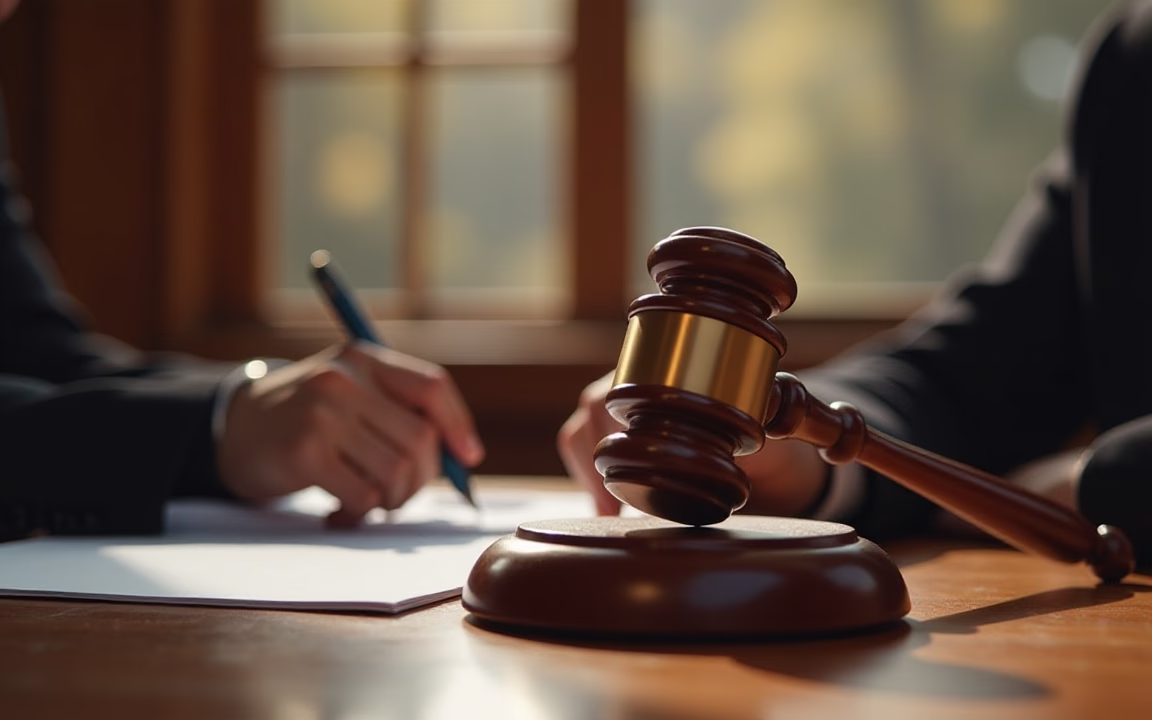- Fenwick & West accused of enabling FTX’s $8B customer fund theft.
- The law firm is accused of designing fraud-friendly corporate structures.
- Fenwick & West denies wrongdoing, says actions were within legal scope.
The legal fallout from the spectacular collapse of cryptocurrency exchange FTX has now zeroed in on the Fenwick & West law firm.
Plaintiffs in a massive class action are accusing Silicon Valley-based law firm of being far more than a bystander in the $8 billion fraud that brought down Sam Bankman-Fried’s empire.
The plaintiffs allege that the prestigious firm not only knew about FTX’s misconduct but also actively shaped the structures that made it possible.
Spotlight on the Fenwick & West law firm
The class action, filed on Monday, is part of a multi-district litigation involving more than 130 firms linked to FTX, and it singles out Fenwick & West as the only one accused of knowingly participating in the fraud.
Plaintiffs say new evidence from Bankman-Fried’s criminal trial and the bankruptcy investigation reveals the firm played a “key and crucial” role in the exchange’s operations.
According to them, FTX’s massive misappropriation of customer funds could not have happened without Fenwick’s “substantial assistance.”
Court filings claim the firm designed corporate entities with no safeguards, enabling FTX to divert billions in customer assets to its sister trading firm Alameda Research.
Among the most controversial allegations is that Fenwick set up shell companies such as North Dimension to obscure transactions, drafted backdated agreements to justify illicit transfers, and approved intercompany loans secured by customer funds.
Claims of concealment and obstruction
Prosecutors and bankruptcy examiners have accused FTX executives of using disappearing messages on Signal to cover their tracks.
Plaintiffs now allege that Fenwick itself authored the encrypted communications policy that allowed those messages to vanish.
The firm is also accused of creating auto-deleting chat channels for executives and engaging in other practices that regulators later described as obstruction.
Nishad Singh, FTX’s former engineering director, testified that he personally informed Fenwick about the misuse of…

